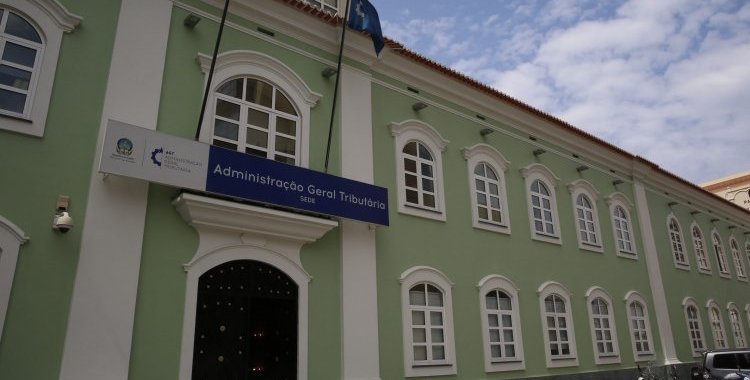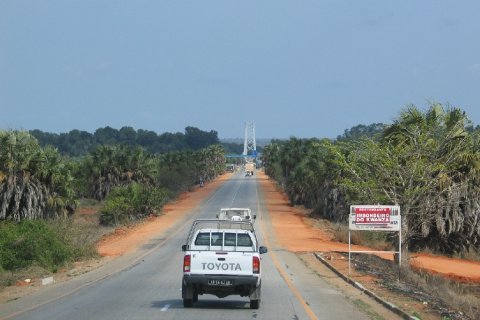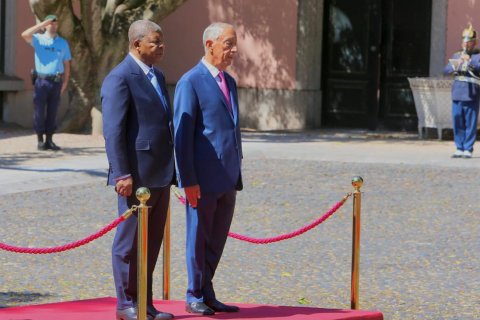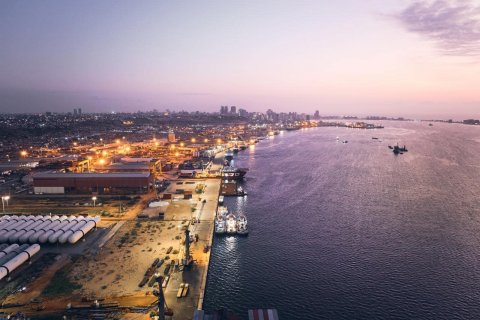The issue at hand is the preliminary version of the Personal Income Tax (IRPS), a legislative proposal from the General Tax Administration (AGT), which is under public consultation and provides that Angolans and foreigners who stay in Angola for 30 days or more will be considered tax residents and subject to this taxation.
In statements to Lusa, the professor at the Faculty of Economics and member of the Center for Social and Economic Research at Agostinho Neto University said that this is possible, but it depends on agreements with the countries where these nationals reside.
"It is possible, it is peaceful, because there is already progress in countries that tax the diaspora, such as the USA", said Silvestre Francisco, highlighting that the US government taxes its citizens abroad, but the embassies are all oriented to provide services to them.
Silvestre Francisco highlighted that Angola "does not have any organization in terms of processes for controlling diaspora personnel, nor does it have any preparation in terms of tax processes for the diaspora".
"We have a problem with taxation internally, so I don't think that the AGT has decided to start yet. There is this initiative, but it was sensationalized by those who announced it," he stressed.
The prospect for implementing this tax is set for early next year, but "if this progress is made in 2026, we are saying that Angola is not in a position to do so."
The researcher also emphasized that the Angolan tax system does not have the necessary reforms "to align with other countries."
"Angola should have the same taxes as the countries with which it will make an agreement and then the taxation criteria must be aligned with international requirements. We need to have a structural reform at the level of our tax system," he stressed.
On the subject, Fernandes Wanda, coordinator of the Center for Social and Economic Research at the Faculty of Economics at Agostinho Neto University, emphasized that taxation is a social contract "in which the citizen accepts being taxed by the State in exchange for goods and services".
"What we know about the relationship between the Angolan State and our diaspora is a love-hate relationship, because we often get the feeling that those who are abroad, despite the political discourse – and we heard from the President, that despite being abroad they are Angolans and should be respected and the State must pay attention to them – this is not the reality", he considered.
For the university professor, the State must be aware "that if it is going to tax these Angolans, it must also guarantee goods and services for these citizens, not only in terms of, for example, documentation issues.
"It is a right that the Angolan State has, Angolans are always Angolans wherever they are, but the State must also be aware that it must provide services to these Angolans wherever they are", he noted.
In turn, the resident representative in Angola of the International Monetary Fund (IMF), Victor Llelo, highlighted the effort to mobilize non-oil tax revenues, which is essential for Angola, with Gross Domestic Product (GDP) revenue indices still relatively below the regional average.
"It is essential to increase this mobilization, precisely to reduce external dependence, both in terms of aid and financing", he emphasized.







